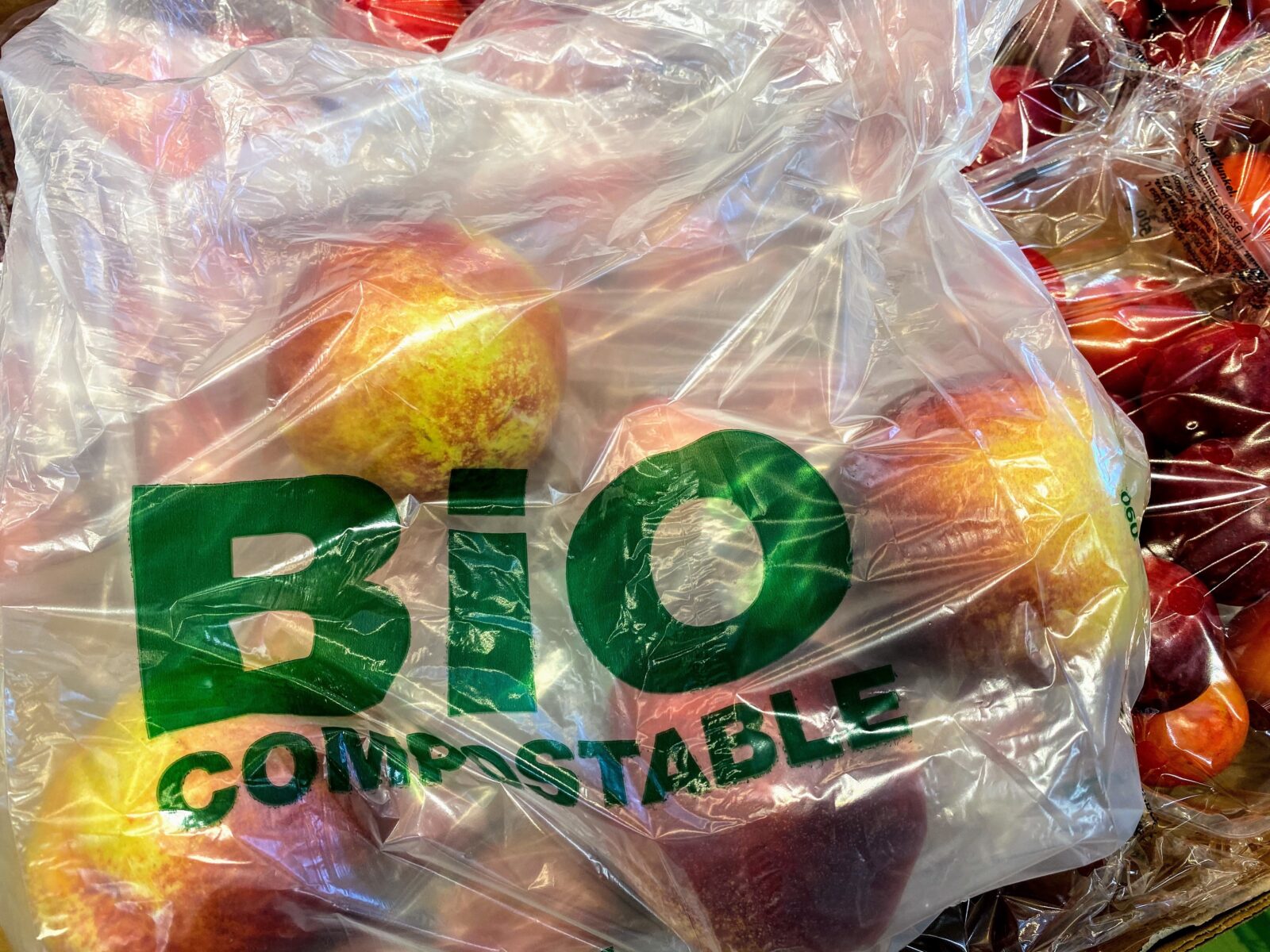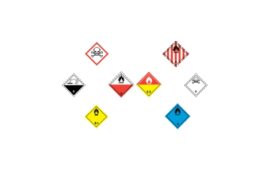Did you know that over 5 trillion plastic bags are used worldwide every year? That’s a whopping 160,000 plastic bags every second! [1] While plastics have many valuable uses, we are addicted to single-use plastics that come with severe environmental consequences.
The only way to reduce single-use plastics going into landfills and oceans is to adopt the usage of recycled plastics. It is only by increasing the demand for recycled plastic that we can succeed in reducing our dependency on single-use plastics.
So, how can we achieve this? As seen in our previous blog post [2] the solution is to recycle and reuse plastic as much as possible. To encourage plastic recycling, the United Kingdom has recently introduced the Plastic Packaging Tax (PPT).
Here’s everything you should know about this new tax…
The Genesis Of The Plastic Packaging Tax
Despite several measures to tackle the usage of single-use plastics, especially in packaging, the UK Government realised that the best way to curb single-use plastics is to impose a mandatory tax.
This move came after a survey conducted by YouGov revealed that 69% of Britons opined that companies should be bound by law to encourage the usage of eco-friendly packaging, even if that resulted in the prices going up. [3]
The UK Government thus introduced the Plastic Packaging Tax (PPT) w.e.f. 1st April 2022.[4] As the name suggests, the PPT is applicable for plastic packaging with less than 30% of recycled plastic. Applicable to all plastic packaging products manufactured in or imported into the UK, the PPT levies a penalty of £200 for each metric tonne of plastic packaging that contains less than 30% recycled plastic.
Where Is The PPT Applicable?
The Plastic Packaging Tax is applicable only on finished products or the ones that have undergone a major transformation or modification with regards to their shape, size, weight, thickness, etc.
The PPT is applicable to all those containing, protecting, handling, delivering, or presenting goods or products at any stage in the supply chain.
Exemptions To The PPT [5]
- If the packaging material is used as transport packaging like shrink wrap.
- If the packaging material is used for storing aircraft, trains, or ships. This type of packaging is primarily used during the transit of the above-stated products. Please note, that if this packaging material used is imported, then it is accountable for PPT.
- If the packaging material is used for immediate packaging of any medical product. Immediate packaging is when the packaging is in direct contact with the product.
- When the packaging material used is for a permanent purpose. For example, films used in coating whiteboards.
Registering For The Plastic Packaging Tax [6]
So, how do you register for the PPT? First and foremost, you need to keep detailed records of your packaging.
Here are the records that you need to display while registering for the tax:
- Total weight of the packaging material produced or imported
- Accounts or calculations used to determine if it is plastic packaging.
- Weight of the packaging material that is not included or exempted and the reason for the same.
- Weight of the plastic packaging material you export and which can provide relief from PPT.
How EMMBI Helps Adhere To The PPT
We firmly believe that the Plastic Packaging Tax is a good opportunity to hit the reset button for the betterment of manufacturers, importers, and consumers of plastics.
When it comes to industrial packaging, the best alternative is to switch to Flexible Intermediate Bulk Containers (FIBC) Bags. Manufactured from woven polypropylene (PP), FIBC Bags are inherently designed to transport and store large quantities of dry bulk products.
At Emmbi, we have pushed the envelope and developed Reclaim30, a superior range of FIBC Bags that consists of over 30%+ recycled PP. Indigenously designed harnessing compatibilizer-based technology, our Reclaim30 FIBC Bags’ range is the world’s first and only Labordata-certified FIBC range with Safety Working Loads of 1000 kgs, 1250 kgs, and 1500 kgs in a 5:1 Safety Factor.
Supplemented by in-house reprocessing facilities, we are geared to deliver over 500 MT of Reclaim30 FIBC Bags every month. With end-to-end traceability and all the requisite regulatory documents to claim PPT exemptions, our Reclaim30 FIBC Bags not only help you cohesively adhere to the Plastic Packaging Tax but also help you contribute to a clean and green environment.
To learn more about our Reclaim30 FIBC bags, please visit https://emmbi.com/reclaim30/ or get in touch with us at Sales.exports@emmbi.com.
References
[1] Plastic Bags Used Per Year – https://www.theworldcounts.com/challenges/planet-earth/waste/plastic-bags-used-per-year
[2] Reduce, Reuse, Recycle. Because There Is No Planet B! – https://emmbi.com/reduce-reuserecycle-because-there-is-no-planet-b/
[3] Most Brits support ban on harmful plastic packaging – https://yougov.co.uk/topics/consumer/articles-reports/2019/04/19/most-brits-support-ban-harmful-plastic-packaging
[4] Introduction of Plastic Packaging Tax – https://www.gov.uk/government/publications/introduction-of-plastic-packaging-tax-from-april-2022/introduction-of-plastic-packaging-tax-2021
[5] Sourceful – https://www.sourceful.com/blog/what-you-need-to-know-about-the-plastic-packaging-tax
[6] Check which packaging is subject to Plastic Packaging Tax – GOV.UK – https://www.gov.uk/guidance/work-out-which-packaging-is-subject-to-plastic-packaging-tax#packaging-subject-to-the-tax
[7] Image Source – https://unsplash.com/photos/KENd4EBdqow



